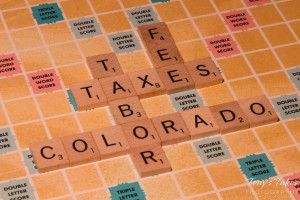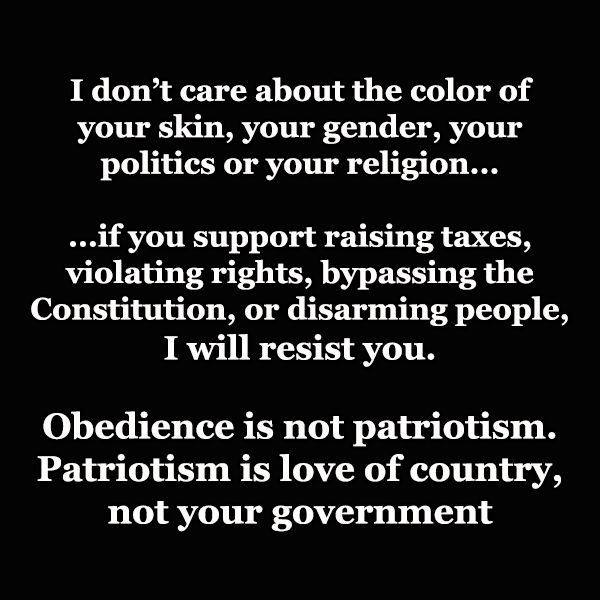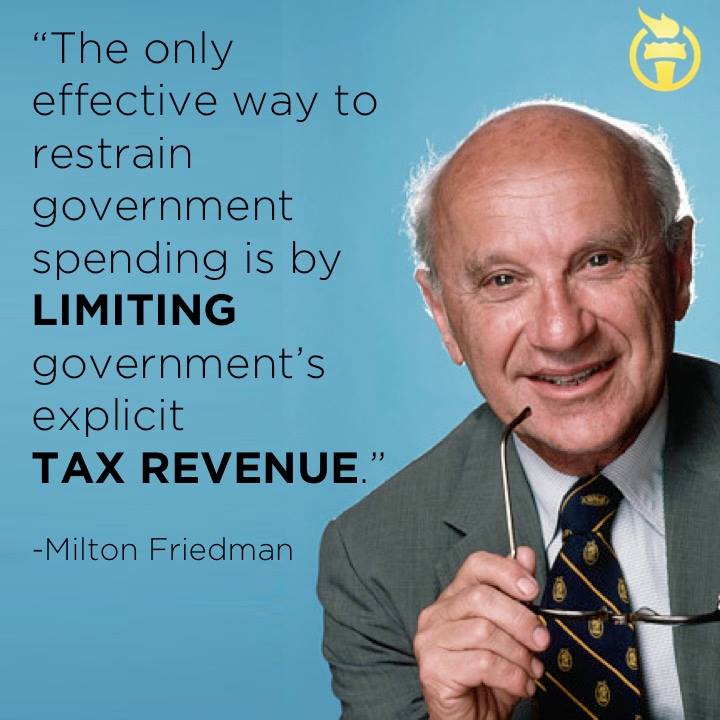October 11, 2015
By Amy K. Frantz , Toledo Chronicle, Tama News-Herald
Do Legislators have a Constitutional right to impose taxes on citizens and to deny citizens any veto power over those actions? A group of politicians in Colorado seems to think so, and are continuing their quest to overturn the Taxpayer’s Bill of Rights, or TABOR, from the Colorado State Constitution.
In Colorado, citizens are permitted to place measures on the ballot by initiative petition, and in 1992 the TABOR Constitutional Amendment was adopted by Colorado voters. TABOR requires majority voter approval to increase tax rates, to take on new debt, or to increase spending more than the rate of inflation plus state population growth.
In the original provisions of TABOR, any revenue collected in excess of the spending limit, plus an emergency relief fund of 3 percent of fiscal year spending, had to be returned to the taxpayers in the form of rebates. However, in 2005 Colorado voters approved a measure to forego the rebates for five years, following a scare campaign conducted by the state’s big spenders.





